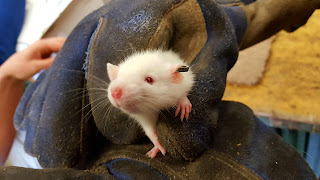I had the opportunity to visit Mrs. Gee who teaches Physics and Engineering. I shadowed her during her 8th grade engineering class that is called “Step Up.” The students were a bit wild in the beginning of class, but it was the last period of the class and these were a bunch of 8th graders. Mrs. Gee started off with a Bell Ringer to get students rolling with the class. They were in the beginning of a new instructional unit in which they were building a solar powered cart. This project required the students to work in small groups to design, marshall supplies, and construct a functioning cart that would be powered by a small solar cell. I have struggled a bit with the “team learning” idea and working effectively in groups. I spoke with Mrs. Gee afterwards about this and she gave me some advice. She told me that in her classes she constantly reinforces the idea that collaboration and teamwork is a skill that each student can develop and that sometimes it is difficult. She allows students to pick their own groups unless there is an issue and later in the semester, if a student prefers to work alone she allows it. An important part of this project was that they had to document everything that they did. This was a tool that she used to gauge participation among group members as well as to hold the students accountable. I think that this is a great strategy, and one that I would like to use in the future.
There were a few students that were disruptive but Mrs. Gee didn’t allow them to detract from the lesson and told the students that if they kept it up that she would “suck all of the fun out of [their] souls” or that she would tell their coaches that they were being a pain in her behind. The latter remark I thought was interesting and seemed to be effective.




























